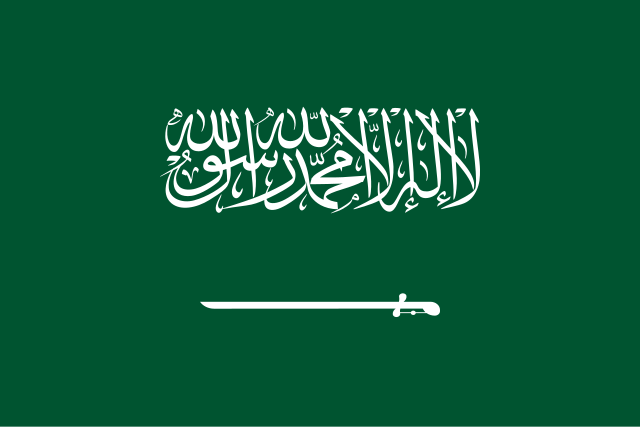Saudi Arabia's economy demonstrates resilience amid global challenges

In 2024, Saudi Arabia's non-oil real GDP grew by 4.5%, propelled by advancements in retail, hospitality, and construction. This expansion was complemented by a 6.3% year-on-year increase in non-oil private investment. Despite a 4.4% decline in oil GDP due to OPEC+ production cuts, overall economic growth moderated to 2.0%. The IMF attributes this resilience to the Kingdom's effective economic and financial reforms, which have bolstered its capacity to withstand global economic uncertainties.
Inflation remained contained at 2.3%, aided by the riyal's peg to the US dollar, lower transport costs, and government measures to curb rent increases. Unemployment reached record-low levels, reflecting the success of Vision 2030 in generating employment opportunities and enhancing labour market participation.
The IMF also noted the emergence of twin deficits, driven by lower oil proceeds and investment-linked imports. However, Saudi Arabia maintains ample external and fiscal buffers, positioning it to navigate these challenges effectively. The Kingdom's commitment to fiscal discipline is evident in its medium-term financial planning and proactive approach to setting spending ceilings through 2030.

Join the conversation